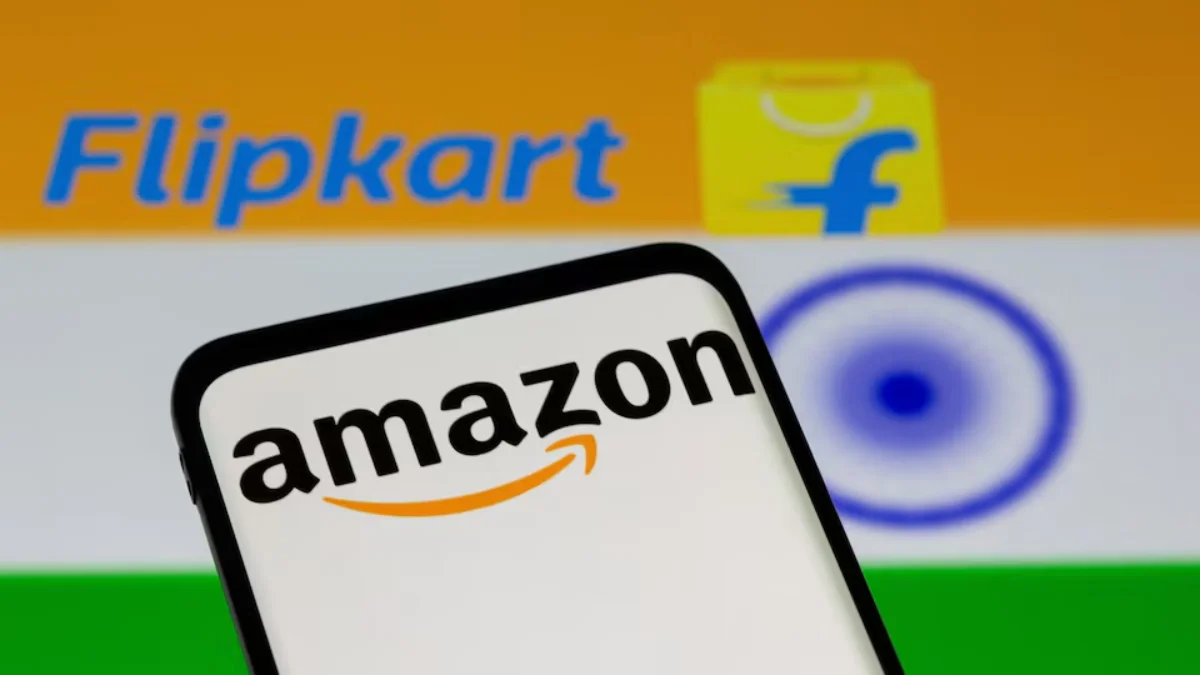Necessary Always Active
Necessary cookies are required to enable the basic features of this site, such as providing secure log-in or adjusting your consent preferences. These cookies do not store any personally identifiable data.
|
||||||
|
||||||
|
||||||
|

In Focus
In a bold move reshaping India’s financial services market, e-commerce leaders Amazon and Flipkart are preparing to offer credit directly, targeting both consumers and small businesses. According to Reuters, the firms are leveraging their platforms to challenge traditional banks via Amazon Flipkart consumer loans, a development that may significantly expand access to digital credit across India.
Amazon, having acquired Bengaluru-based non-bank lender Axio earlier this year, will resume its small business lending operations and begin providing cash-management solutions for merchants. According to company executives, the plan aims to offer tailored credit products that address cash-flow needs and help unlock capital for enterprises beyond top-tier urban areas. In other news, Amazon stock rallied by nearly 12% in premarket trading on October 31, 2025. The stock surge was driven by strong Amazon AWS 2025 growth.
On the Flipkart side, its newly formed lending arm Flipkart Finance, majority-owned by U.S. retail giant Walmart, registered as a non-bank finance company in March 2025 and is awaiting full regulatory approval from the Reserve Bank of India (RBI). Once approved, Flipkart Finance plans to roll out two core offerings: zero-cost monthly-installment loans (spanning 3 to 24 months) for online shoppers and higher-interest loans (18–26 percent per annum) for consumer durables.
These proposals, both for general consumers and small businesses, reflect a growing appetite for digital lending solutions in India’s evolving credit market. Recently, Flipkart’s financial services arm Super.money has entered an alliance with payments infrastructure firm Juspay.
India’s unsecured consumer loans, including personal loans, credit cards, and durable-goods financing, have surged in recent years. Data from credit bureau CRIF High Mark shows that the market has expanded from approximately US$80 billion in March 2020 to about US$212 billion by March 2025.
Both Amazon and Flipkart already rank among the top platforms for payments under the country’s Unified Payments Interface (UPI), giving them strategic advantages in deploying digital credit.
For small and medium enterprises (SMEs) and sellers on e-commerce platforms, the availability of business-oriented financing via Amazon Flipkart consumer loans and associated products may offer easier access to working capital and flexible repayment options. Firms that serve SMEs, such as payment processors, logistics providers, or inventory financiers, may see increased demand as digital lending enables faster cash flows. Earlier this year, Amazon has invested ₹350 crore into Amazon Pay India to strengthen its position in the competitive Indian digital payments market.
As e-commerce platforms integrate lending, the loan-originator role may shift, compressing margins on consumer and small-business credit and pressuring legacy institutions to innovate.
In issuing the first wave of direct lending by global tech-backed retail platforms, India appears to be ushering in a new era of integrated commerce and finance. The move by Amazon and Flipkart could significantly expand credit reach, particularly to digitally engaged consumers and underserved small businesses, and reshape competitive dynamics across the financial and fintech sectors.
The success of this initiative will hinge on execution quality, regulatory compliance, and the ability to scale responsibly. For industry professionals and decision-makers, these developments underscore the increasing convergence of e-commerce, payments, and lending.